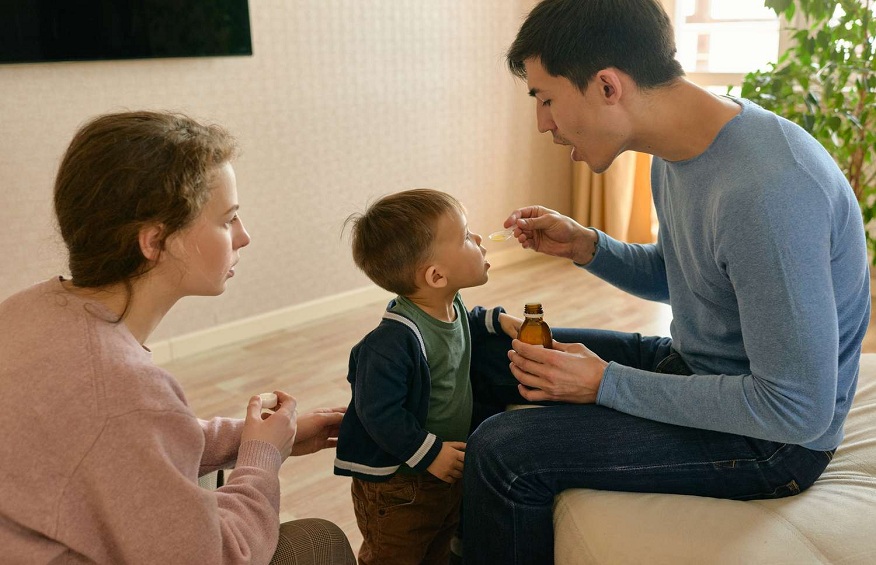Benadryl Dosing for Kids: Safely Addressing Allergic Reactions and Sleep Troubles
Benadryl, the brand name for diphenhydramine, is a widely recognized over-the-counter medication that many parents turn to when their children experience allergies, itching, and even sleep disturbances. As a versatile antihistamine, Benadryl can provide relief for various symptoms in children, but it is essential to understand the proper dosing guidelines to ensure their safety and well-being.
Source: Benadryl Dosing Chart
Appropriate Age and Use
When considering Benadryl for children, it’s important to take age into account. The American Academy of Pediatrics (AAP) recommends that Benadryl should not be used in children under 2 years of age, as it can have potential side effects and risks at such a young age. For children aged 2 to 6, the use of Benadryl should be supervised by a healthcare professional, and only given as directed.
Allergic Reactions and Relief
One common use of Benadryl for children is in addressing allergic reactions. It can help relieve symptoms like itching, redness, and hives caused by allergies. The recommended dosing for children aged 6 to 12 is usually 12.5 to 25 mg every 4 to 6 hours, not to exceed 150 mg per day. For children older than 12, the adult dosage can generally be followed.
Sleep Troubles and Bedtime Dosing
Parents often turn to Benadryl to help their children sleep, especially when they are experiencing occasional insomnia or difficulty falling asleep due to allergies or other factors. For children aged 6 to 12, the recommended dose for sleep is typically 12.5 mg to 25 mg at bedtime. However, it is crucial to consult with a healthcare professional before using Benadryl for this purpose, as it should not be a long-term solution, and there may be underlying issues that need addressing.
The Importance of Accurate Dosage
Accurate dosing is crucial when giving any medication to children. Parents should use a proper measuring device, such as an oral syringe or a dosage cup, to ensure they administer the correct amount. Using a kitchen spoon, for example, can lead to inaccurate dosing. Always follow the dosing instructions provided on the medication packaging or as prescribed by a healthcare professional.
Potential Side Effects and Precautions
While Benadryl can be a valuable tool for addressing allergies and sleep issues in children, it’s essential to be aware of potential side effects. Children may experience drowsiness, dry mouth, or dizziness. It is important to monitor your child after administering Benadryl, especially if they are taking it for the first time, to ensure they do not experience any adverse reactions.
Consult Your Pediatrician
Before giving your child Benadryl for any purpose, it’s highly advisable to consult your pediatrician or a healthcare professional. They can provide guidance specific to your child’s age, weight, and any underlying medical conditions. It’s essential to seek medical advice to ensure that Benadryl is a safe and appropriate choice for your child’s particular situation.
Conclusion
Benadryl can be a useful tool for addressing allergic reactions and occasional sleep troubles in children when used correctly and under the guidance of a healthcare professional. Remember to follow dosing guidelines, use proper measuring devices, and prioritize your child’s safety and well-being at all times. Always consult your pediatrician to determine the most suitable course of action for your child’s specific needs.

